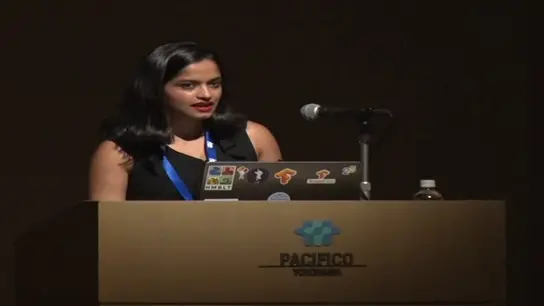SOLVING THE LONG-TAILED PROBLEM VIA INTRA- AND INTER-CATEGORY BALANCE
Renhui Zhang, Tiancheng Lin, Rui Zhang, Yi Xu
-
Members: FreeSPS
IEEE Members: $11.00
Non-members: $15.00Length: 00:05:50
11 May 2022
Benchmark datasets for visual recognition assume that data is uniformly distributed, while real-world datasets obey long-tailed distribution. Current approaches handle the long-tailed problem to transform the long-tailed dataset to uniform distribution by re-sampling or re-weighting strategies. These approaches emphasize the tail classes but ignore the hard examples in head classes, which result in performance degradation. In this paper, we propose a novel gradient harmonized mechanism with category-wise adaptive precision to decouple the difficulty and sample size imbalance in the long-tailed problem, which are correspondingly solved via intra- and inter-category balance strategies. Specifically, intra-category balance focuses on the hard examples in each category to optimize the decision boundary, while inter-category balance aims to correct the shift of decision boundary by taking each category as a unit. Extensive experiments demonstrate that the proposed method consistently outperforms other approaches on all the datasets.



